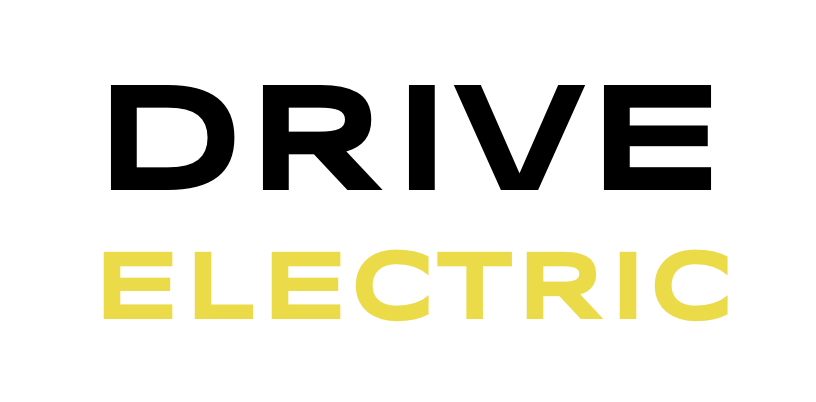South Africa’s automotive industry is gearing up for a green EV revolution as the government takes a significant step towards promoting electric vehicles.
In his Annual Budget Speech 2024, Finance Minister Enoch Godongwana unveiled plans to support the transition to EVs through strategic investments. This move has been warmly welcomed by the Automotive Business Council, particularly Naamsa, the industry’s CEO, Mikel Mabasa, who sees it as a crucial shift towards sustainable mobility solutions.
One of the key highlights of Minister Godongwana’s announcement is the introduction of an investment allowance specifically tailored for new EV investments. Starting in March 2026, businesses and investors venturing into EV production can claim 150% of qualifying investment spending in the first year. This financial incentive aims to attract investments, stimulate innovation, and propel the growth of the EV sector within South Africa.
This initiative is seen as complementary to the existing Automotive Production Development Programme (APDP), demonstrating the government’s holistic approach to supporting the automotive industry’s transition. However, challenges persist, especially regarding limited local content in vehicles due to the predominant location of battery production in Japan, South Korea, and China.
While celebrating these progressive steps, Naamsa emphasizes the need for ongoing engagement with the government to address challenges associated with the APDP implementation. Questions arise about the adoption of an APDP rate designed for instances of low local content and effective strategies to promote the adoption of locally produced EVs. Moreover, while the allocated R964 million is a significant initial step, it’s important to recognize the scale of investments required by the industry, which averages around R5 billion annually. Further collaborations and investments are anticipated in the coming years to sustain momentum.
However, there are concerns about the timeline for the investment allowance’s implementation, which may not cover the pre-investment cycles before production starts. Naamsa plans to engage with the government to ensure that the incentive framework aligns with the industry’s pre-production requirements.
Beyond the EV transition, Minister Godongwana’s budget speech also addressed structural reforms crucial for the automotive sector’s growth and sustainability. These include urgent reforms in areas such as electricity supply, transport logistics, and infrastructure provision. Improvements in the electricity sector, particularly in reducing load shedding and enhancing energy security, are eagerly awaited by the automotive industry. The impractical levels of load shedding experienced in 2023 had significant repercussions, resulting in substantial financial losses and deferred investment funding.
Efforts to upgrade charging infrastructure, enhance rail networks, and foster private-sector partnerships for efficient logistics operations are also deemed essential for maintaining the industry’s global competitiveness. South Africa’s automotive sector stands at the brink of transformation as the government takes strides towards promoting NEVs. While challenges remain, there is optimism for a greener, more sustainable future for the industry.
Full article HERE
(source: Carmag)

